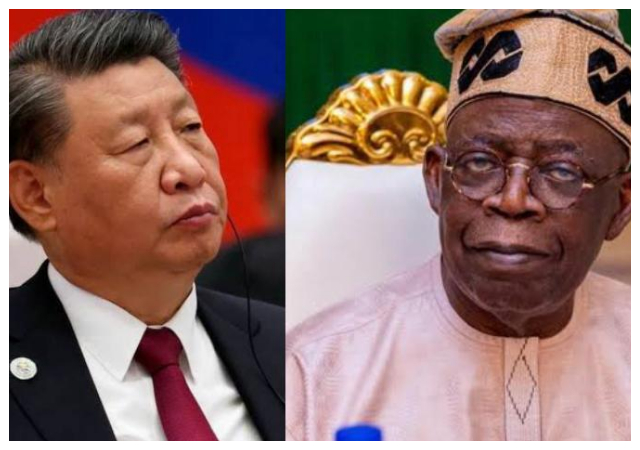
The International Monetary Fund has revealed that Nigeria’s economic situation is expected to be impacted by China’s slowing growth.
The IMF stated that Nigeria’s economy could be impacted by China’s recent decline in growth by an average of 0.5 percentage points because China has established strong economic linkages with sub-Saharan African nations over the previous 20 years.
China is the region’s biggest trading partner overall, supplying the majority of manufactured goods and machinery imported into the region as well as purchasing one-fifth of the region’s exports, which include metals, minerals, and petroleum, according to the IMF.
However, it pointed out that Africa is now expected to be affected by China’s epidemic recovery. In a post headed “China’s Slowing Economy Will Hit Sub-Saharan Africa’s Growth,” the Washington-based lender disclosed this.
It said, “However, China’s recovery from the pandemic has slowed recently due to a property downturn and flagging demand for its manufactured goods as global growth has also slowed.
“This matters for Africa. A one percentage point decline in China’s growth rate could reduce average growth in the region by about 0.25 percentage points within a year, according to the latest Regional Economic Outlook. For oil-exporters, such as Angola and Nigeria, the loss could be 0.5 percentage points on average.”
It went on to say that sovereign credit to sub-Saharan Africa dropped below $1 billion last year, the lowest level in almost two decades, as a result of China’s faltering economy. It made clear that the reduction signals a move away from large-scale infrastructure funding.
Reduced bank loans are anticipated in Angola, Cameroon, Kenya, Nigeria, and Zambia, where China is the biggest bilateral official lender and a major lender to the region.
The International Monetary Fund (IMF) observed that sub-Saharan African nations must strengthen their resilience to China’s slowing growth and reduced economic involvement by boosting intra-African trade and reestablishing safety nets, which may involve modifying tax laws and enhancing revenue management.
It said further that initiatives to diversify African economies are also vital to sustain future growth.
It added, “The strong demand for minerals that support renewable energy development could provide an opportunity for countries to forge new trade relationships and develop more local processing capabilities. Countries can improve their competitiveness by creating a favorable business environment, investing in infrastructure, and deepening domestic financial markets.”
Recently, the Consul General of China in Lagos, Yan Yuging, disclosed that the bilateral trade volume between China and Nigeria in the first three quarters of 2023 stood at $17.25bn.
He said, “China is a significant trade partner for Nigeria. According to Chinese customs data, the bilateral trade volume between China and Nigeria reached $23.9bn in 2022, with China’s exports to Nigeria amounting to $22.3bn and imports from Nigeria totaling $1.6bn.”
Total borrowing from China rose to $4.29bn as of the end of December 2022, data from the Debt Management Office revealed.

![“God created us to cheat” – Samklef affirms, backs statement with bible - [Video]](https://www.gistlover.com/wp-content/uploads/2021/03/Samklef.jpg)

